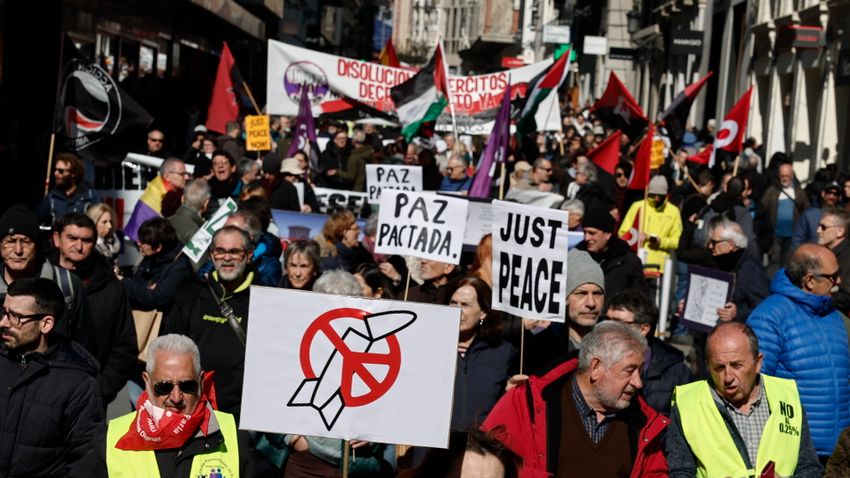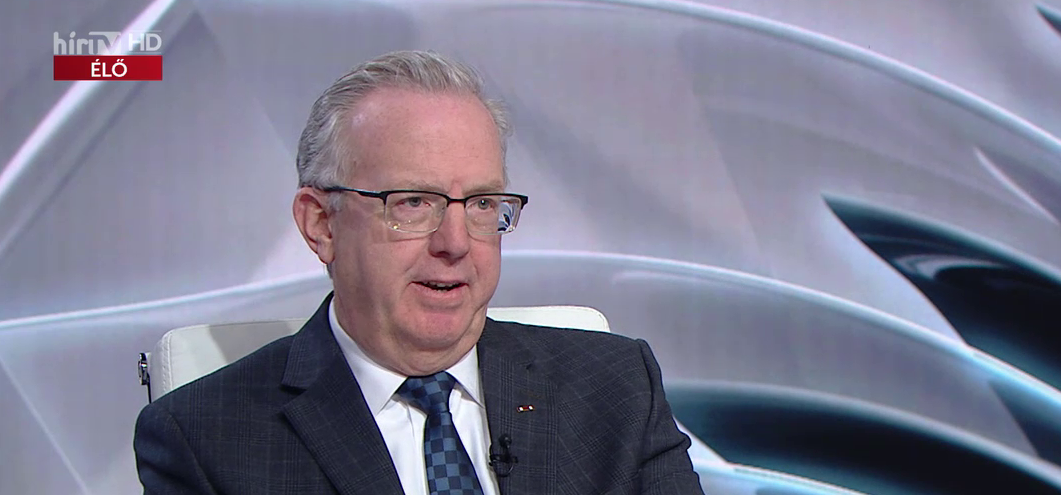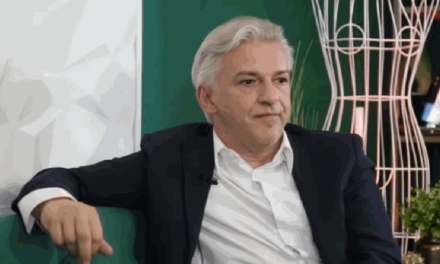Ukraine's sovereignty and the fact that its citizens can decide their own fate are extremely important, but the question arises as to whether there will be anything left of their country if the war drags on - pointed out the research director of the Judicial Watch legal protection institute in an interview on the first anniversary of the war.
In an interview with Hungarian public media, Chris Farrell compared the situation to the war in Chechnya in the 1990s, which turned the Chechen capital into a lunar landscape.
If someone thinks in terms of such an outcome regarding Ukraine, it does not seem like a smart thing - said the research director of the Washington-based institution. He explained that an immediate ceasefire and peace negotiations would be the most humane and just way from a Ukrainian and European point of view. He noted that the United States could provide guarantees and play a facilitating role in the process.
The later we reach a settled situation, the more dangerous and life-threatening the world becomes - said Chris Farrell.
The senior researcher at the Washington-based Heritage Foundation's National Defense Center also stated in an interview with the public media that Russia's announcement this week of the suspension of participation in the US-Russia New Start nuclear arms limitation agreement is part of a series of Russia's withdrawal from arms control agreements.

Anti-war demonstrations in Madrid on February 25, 2023, one day after the first anniversary of Russia's war against Ukraine (Photo: MTI/EPA/EFE/Sergio Perez)
According to Patty-Jane Geller, behind the latest move may be Russia's desire to create a nuclear emergency, put pressure on the West and make the United States withdraw from the war in Ukraine.
At the same time, the military policy expert also pointed out that the announcement by the Russian side says that it will not exceed the 1,550 explosive charges stipulated in the New Start agreement. Nevertheless, the United States cannot limit itself to trying to bring the Russian side back under the scope of the convention, but must work out the next step by which it can strengthen its own nuclear deterrent, he added.
He said the United States cannot afford to fall behind in the arms race already started by Russia and China, and therefore must modernize its nuclear weapons systems inherited and maintained from the Cold War.
Source: Hungarian Nation
Featured image: HirTv













